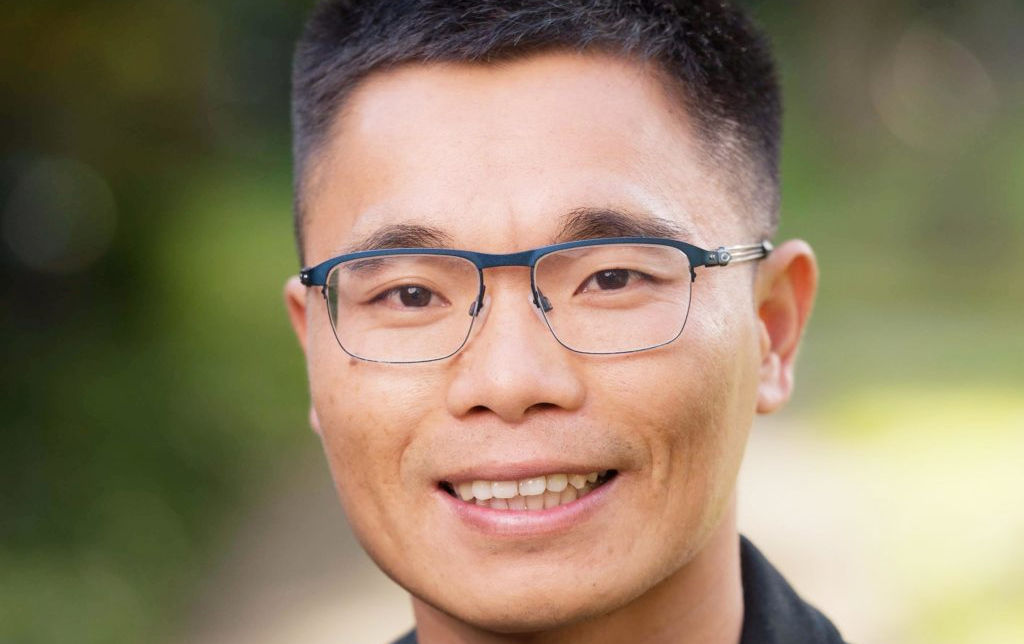
Most Canadians more trusting during pandemic, but socioeconomic trust gap widened
TORONTO, June 15, 2022 – The pandemic has created greater divisions between people who are trusting and those who are distrustful, and those divisions fall along socioeconomic lines, exacerbating social inequalities, according to new research out of York University.
“Some Canadians have become more trusting, while others have become less trusting since the start of the pandemic,” says York University Assistant Professor Cary Wu. “Crises, like the COVID-19 pandemic, can dramatically change social relationships and how people view others.”
The research found that people who face economic hardships and have fewer resources – and already have lower levels of trust – are more likely to have had their trust in others eroded further over the pandemic. At the same time, the opposite has occurred for those with higher socioeconomic positions in society and greater resources, such as household incomes. This group, which already had higher trust levels, found their trust grew during COVID-19.
“We found clear evidence that the pandemic has exacerbated the existing trust inequality,” says Wu. “And, when it comes to higher incomes, they are even more important than social status in shaping trust.”

Social trust, which includes generalized and neighbourhood trust, is as a belief in the honest, integrity and reliability of others. It is thought to be particularly important in times of crisis to bring people together, to act collectively for the greater good, and is essential for the smooth functioning of society.
A lack of general trust can manifest in non-compliance of health measures, like social distancing, or cause community disruption, public panic, or fragmentation. But trust can also be associated with more friends, a greater sense of support and less feelings of loneliness.
“It was known that trust is essential in a crisis, but little was known until now how crises affect people’s trust of others. The pandemic provided an ideal opportunity to examine various perspectives and theories of how trust may change when a crisis occurs,” says Wu.
Wu co-authored the research with University of Calgary sociology professor Alex Bierman and University of Toronto sociology professor Scott Schieman. The researchers analyzed multiple waves of national samples of Canadians from September 2019 to February 2021 to identify changes in social trust, both generalized and neighbourhood trust, over time.
The paper, Socioeconomic stratification and trajectories of social trust during COVID-19, was published in the journal Social Science Research.
-30-
York University is a modern, multi-campus, urban university located in Toronto, Ontario. Backed by a diverse group of students, faculty, staff, alumni and partners, we bring a uniquely global perspective to help solve societal challenges, drive positive change and prepare our students for success. York's fully bilingual Glendon Campus is home to Southern Ontario's Centre of Excellence for French Language and Bilingual Postsecondary Education. York’s campuses in Costa Rica and India offer students exceptional transnational learning opportunities and innovative programs. Together, we can make things right for our communities, our planet, and our future.
Media Contact:
Sandra McLean, York University Media Relations, 416-272-6317, sandramc@yorku.ca






